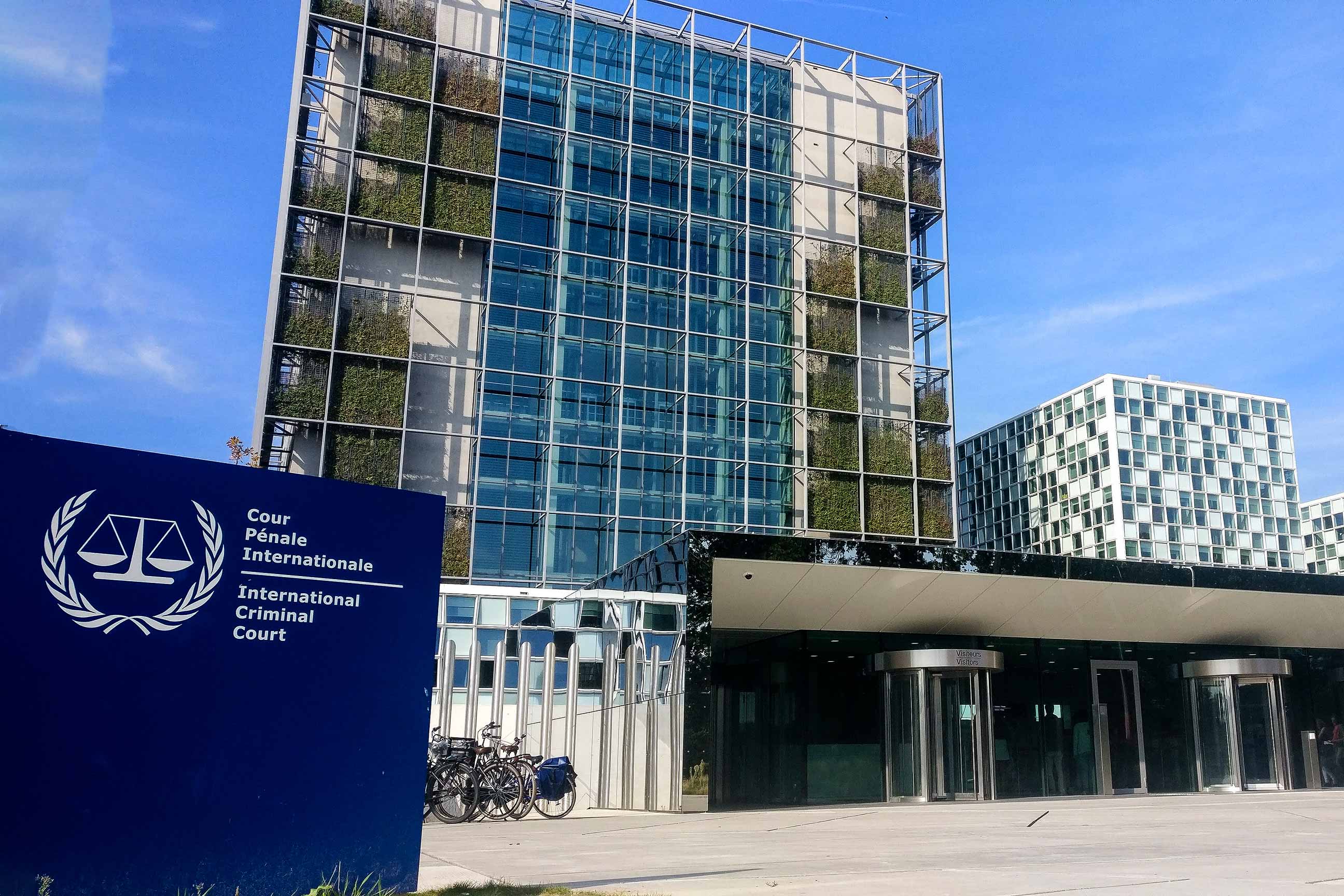Putin Warrant Marks a Milestone
There can be no sustainable peace without a definitive confirmation of right and wrong.
The arrest warrant for Russian president Vladimir Putin for war crimes marks a milestone in the history of international humanitarian law, and a turning point in the conflict in Ukraine.
Whatever disinformation Russia and its allies may wish to spread, whatever confusion and doubt political opponents of solidarity with Ukraine may try to deploy, the issues at stake in the conflict are now crystal clear.
"The warrant is a legal, not a political act, but it will have a significant political impact."
This is a criminal war led by an allegedly criminal leader through criminal means. The International Criminal Court (ICC) is the world body established by 123 signatory states to uphold international humanitarian law, and this charge will be forever etched into the historical record of the Russian leader, and Russia itself.
The implications of the warrant are profound, and far beyond the symbolic. Putin is charged, not convicted. (And the warrant is what serves, in the ICC system, for formal charges, which are only confirmed once a suspect is in custody.) But the only way to clear his name is in a court of law which he will never willingly enter.
The charges relate to a crime committed by others on his order, and on Russia’s behalf. Russia as a country and as a nation is not itself indicted. But its forces and its government, its bureaucracy and its ideology, are all deeply implicated. Not just the deputy for children’s affairs, also indicated, but the entire system itself.
The warrant is a legal, not a political act, but it will have a significant political impact.
No government can lift the warrant. No parliamentarian seeking to reduce Ukrainian financial, humanitarian or military aid can avoid it. No negotiator seeking a formula for peace can neglect it.
Any loopholes in sanctions – or any delays in arms supplies – will be harder to sustain. The coalition of support for Ukraine will be strengthened. The argument for seizing Russian assets to fund reconstruction will gain momentum.
Russia’s continued position as a member of the UN Security Council – the world’s ultimate arbiter of international law – will be increasingly difficult to justify, and efforts to find a viable legal mechanism for trying the crime of aggression will be boosted.

The charges, which remain sealed in the interests of the victims, relate to the forcible deportation of children from occupied areas. Along with torture, rape and theft, this is what Russian forces do on lands they occupy: attempt to destroy the future of the Ukrainian nation.
A war crime in itself, the deportations also point to potential charges of crimes against humanity, due to their systematic nature and widespread scope. A recent Yale University study, based on extensive investigation including detailed satellite imagery, has charted a vast network of at least 40 child detention centres across Russia. The Yale team identified at least 6,000 detained children. The actual number will be far, far higher.
With a first set of charges in place, further charges are likely, against Putin and others in the Russian political and military leadership. The ICC’s initial investigation focused on Bucha and the brutality in the Kyiv suburbs. The systematic attacks on Ukraine’s civilian energy grid, environmental crimes against nuclear plants and the widespread shelling of residential property across the country all represent possible additional charges.
Whether the complex charge of genocide will ever be brought remains a significant question. But in many respects the fact of any ICC warrant is the most important step.
And this is a charge sheet that will only grow.
In practical terms, the Russian president will not face trial for many years, if ever. Russia does not recognise the ICC, and the president will not be handed over unless there is a major political transformation in Moscow (an event he will now fear all the more).
At some point in future, Russian society must wish to shed itself of this shame, and the obstacles to economic development and free engagement with the world that it will increasingly impose. When it does, this first warrant will be recalled as the key moment in helping the country achieve that.
Meantime, Ukrainians will feel their suffering has been recognised, and that their determination to liberate their country in full has been vindicated. Their purpose in the struggle will be energised. The frontline effort to fight will be joined with more vigour. The work of reporting and recording Russian atrocities will proceed with more confidence.
The path to peace and justice remains very long and uncertain, and winning the war remains Ukraine’s priority. But as former international prosecutor Sir Geoffrey Nice has argued, there can be no sustainable peace without a definitive, irrevocable confirmation of right and wrong in the war. The ICC arrest warrant is a historic step towards that determination.
